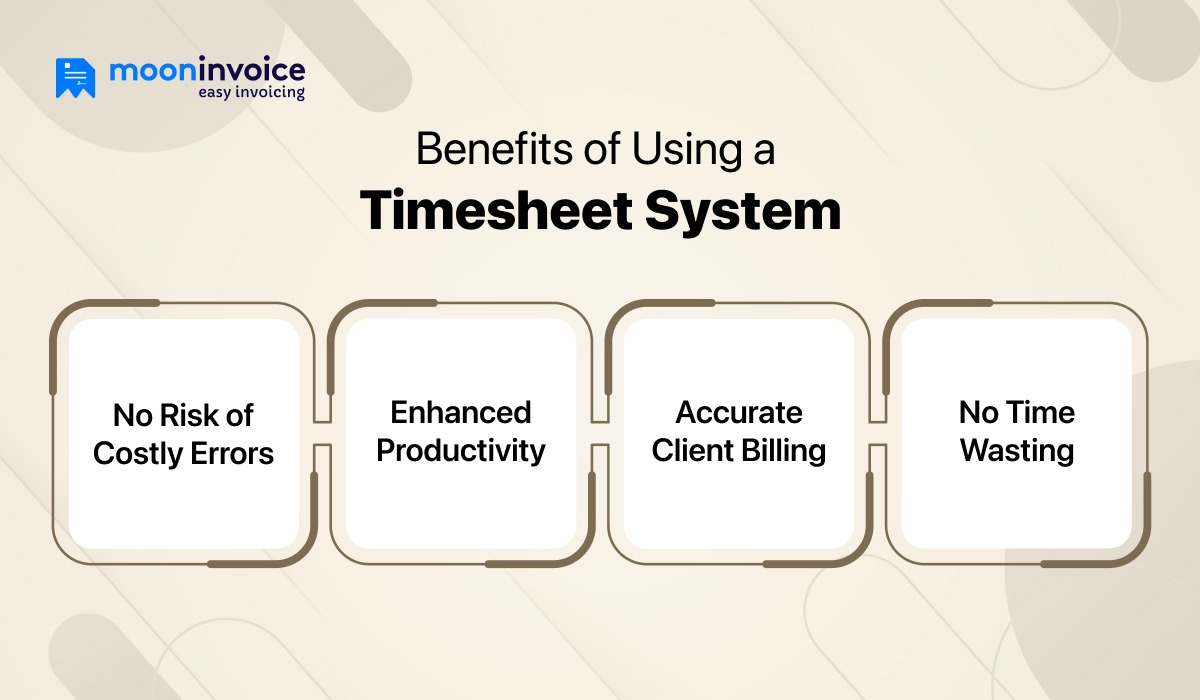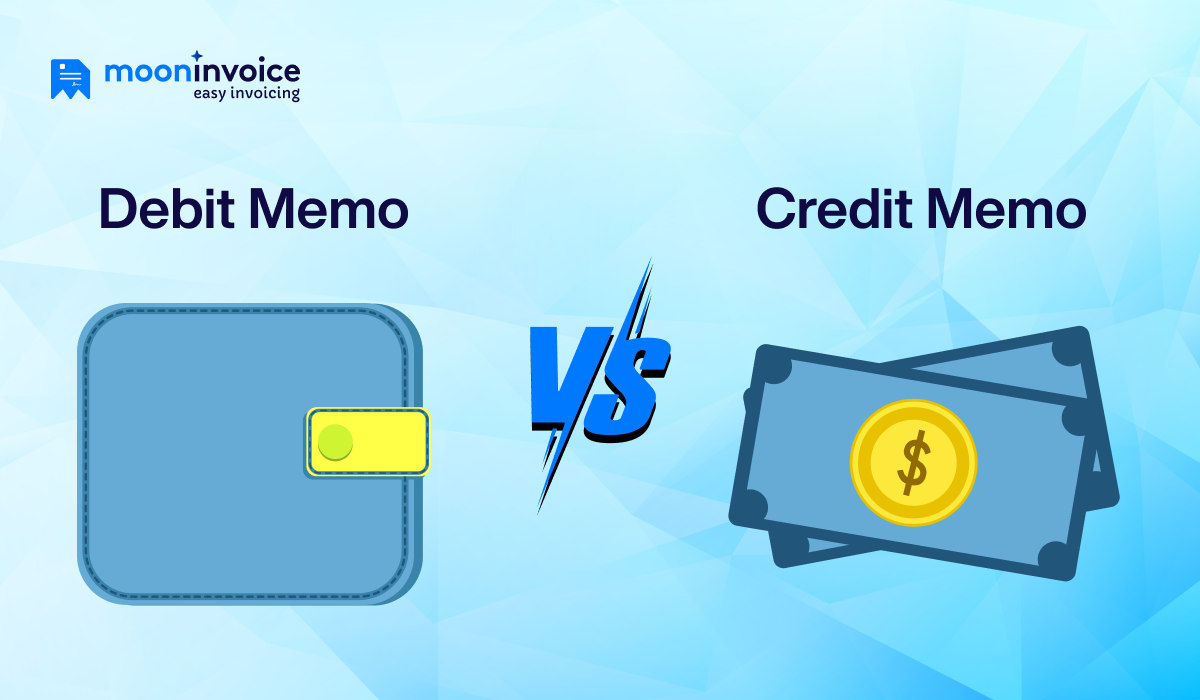As a business owner, having no clue about how your employees are managing time and work is one of the most painful things. But, since the introduction of a timesheet, the tables have turned significantly.
Believe it or not, today, 96% businesses hinge on time tracking software when it comes to preparing a timesheet, expanding its market size to USD 7.13 billion in recent years. This is because everyone wants accuracy in the timesheet data. Something which isn’t promised by the traditional paper-based timesheet.
So, by creating a timesheet using online tools, businesses learn what’s quietly going on behind the scenes. And importantly, they have to spend less time verifying the details.
If you are considering timesheets as an employee tracking tool for your business, here’s everything you need to know about timesheet meaning, process, and the best software.
What Is a Time Sheet?
A timesheet or time sheet is a modern tool to evaluate how much time your employees spend completing the given assignment. You would know how paper sheets were used back in the 19th century to manage everyday tasks and employee hours. Fast forward to the present day, and you will find that a timesheet is no different. A physical or digital copy to record the employees’ working hours.
Nowadays, employers count on a timesheet instead of managing the hand-written paper copies for better accuracy and little to no manual work. Unlike paper copies, you don’t have to continuously keep updating timesheets using pen and paper.
When created using online time tracking software, timesheets provide real-time data. Which means you just need your smartphone whenever you want to check an employee’s working hours.
How Does it Work?
If you are still wondering what are timesheets and how they provide insights on employees’ shift hours, let’s check how they work.
Paper-based Approach
A few decades ago, organizations would urge employees to maintain their in-time and out-time, including breaks, on the given paper timesheets. It is later checked by the department head or HR executives to know who worked for how many hours in a year. They approve the timesheet after detailed verification and then count the billable hours for accurate payroll calculations.
Later, the employee data is then passed on to the HR manager. This entire process should comply with the organization’s policy. This way, they evaluate how employees utilize their work time and manage breaks.
Modern-day Practices
At present, times have changed, and so has the process of generating time sheets. Modern organizations no longer rely on paperwork, as a wide range of time-tracking software is available online.
Adopting time sheet software, organizations get rid of the stressful manual processes and integrate their biometric device with it to automate employees’ time tracking. Neither employees need to log hours manually, nor HR/admins need to invest time in formatting timesheets.
Organizations encourage employees to register their in/out entries using fingerprints or face IDs, and time sheets are automatically generated for weeks, months, or even years.
Hence, there are no more manual dependencies in present times because accurate time sheets are generated without any extra effort.
Let Us Take the Stress Out of Creating Timesheets
Generating a timesheet is no longer a headache, thanks to sophisticated time tracking software, Moon Invoice.
What are the Key Contents of a Timesheet?
Creating a time sheet on spreadsheets for the first time? Don’t forget to include these necessary things.
- Basic employee details
Start including the basic details about employees, such as name, employee ID, and personal phone number.
- In/out time
Add a new column of in/out time so that you can ask employees to record in/out timings in a spreadsheet manually.
- Working days
Mention working days in the time sheet in order to know the present/absent status of the employee on a particular day.
- Break time
Create a separate column for registering employees’ break time to learn how much time employees stay away from their desks.
- Assigned projects
Write the project name under which an employee is associated. If someone is working on multiple projects, add different project names.
- Total office hours
Add a column of total office hours, where you can calculate the total time your employee spent inside the office during the pay period.
Paper Timesheets Vs. Digital Timesheets
Paper timesheets are one thing, but digital timesheets are an entirely different thing. Want to know how? Refer to the table below.
| Paper Timesheet | Digital Timesheet |
|---|---|
Use Cases of Timesheet
Let’s look at a couple of use cases to understand how different businesses use timesheets to monitor employee activities and bill their clients.
Use Case 1: Remote Work Monitoring
Timesheets portray a comprehensive picture of team members working remotely or freelancers. It offers transparency in a way that managers can see whether remote employees are contributing ample time to carry out their assignments.
They can even learn about the daily working patterns of remote workers, such as average login time or average weekly hours. When made using advanced invoice software for freelancers, timesheets enable businesses to track the idle time of a particular employee as well.
That’s how timesheets keep businesses posted about working hours, regardless of employees working in different time zones.
Use Case 2: Billing Client
Timesheets are even used by businesses to count the billable hours while generating a new invoice. They can see exactly how many hours are spent on completing the project work in the timesheet and, accordingly, bill their clients.
This way, they have proof of time spent on finishing the project. So, they can review the online timesheet for creating a new bill, and hand it over to clients, asking them to pay dues.
Manage Timesheets With Time Tracking Software
Since you now know what is a timesheet for work-related activities, managing it could be a cumbersome task unless you have modern time tracking software.
Having said that, you can utilize one of the smart time tracking software, Moon Invoice, and experience how it makes managing timesheets a breeze. Of course, there is no paperwork involved, but only digital timesheets that can be customized the way you want.
Moon Invoice boasts an in-built time tracker to monitor how many hours employees contributed to performing administrative tasks like estimating, invoicing, or receipt generation. Later, you can fetch working hours directly from the software and prepare an accurate and paperless timesheet.
The entire process is aimed at simplifying the employee timesheet management for businesses like yours. And the best part is it will hardly take a minute or less.
Sick of Managing Paper Timesheets?
Now is the time to go paperless with Moon Invoice and make digital timesheets instead of maintaining timesheets on paper.
Benefits of Using a Timesheet System
 Below are some noteworthy benefits of utilizing a reliable timesheet system.
Below are some noteworthy benefits of utilizing a reliable timesheet system.
1. No Risk of Costly Errors
Using a timesheet system to track employee hours leaves no room for human error. What you get is only an accurate timesheet, which neither requires a second look nor extra hours for in-depth verification.
2. Enhanced Productivity
Since timesheet software is helping you to spend less time on generating timesheets from scratch, you can divert your concentration to other important tasks. As a result, you can improve your business productivity twofold.
3. Accurate Client Billing
With timesheets generated by software, you can automatically calculate the billable hours and generate a new bill. You don’t need to perform manual calculations when creating a new bill. You can retrieve the accurate time tracking data and prepare a new bill in a matter of minutes.
4. No Time Wasting
Timesheet software will never ask you to invest more time, as there is no paperwork or lengthy verification process. You can generate a timesheet without wasting a minute and forward it to the accounting department for quick payroll processing or invoicing your clients.
Takeaways
Digital timesheets are in demand because they are transforming the modern business landscape. If you feel managing paper timesheets has become a daily hassle, adopting the right time tracking software makes complete sense.
Referring to the aforesaid time sheet definition and perks of harnessing an advanced timesheet system, our key takeaway is that a digital timesheet has an edge when it comes to tracking work hours.
On a conclusive note, we recommend generating a paper-free timesheet using Moon Invoice. Start your free trial now and save hours on managing paper timesheets.














